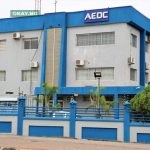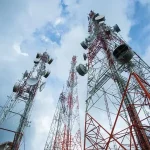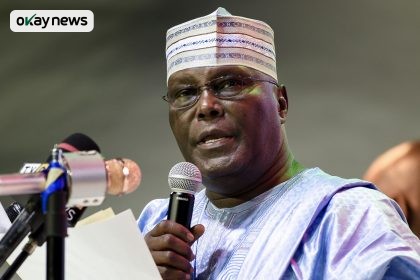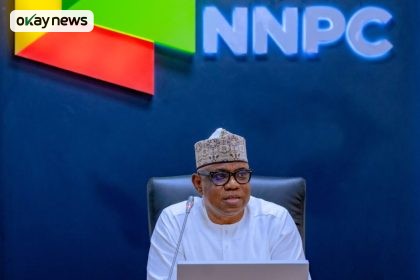President Bola Tinubu has secured a $70 million grant from the International Finance Corporation (IFC) to fund renewable energy mini−grid projects, marking Nigeria as the first beneficiary of a $70 billion global facility backed by the Rockefeller Foundation and African Development Bank. The announcement, made at the Africa Energy Summit in Dar es Salaam, Tanzania, underscores Nigeria’s push to achieve universal energy access by 2030.
IFC Managing Director Makhtar Diop confirmed the deal during a summit session, stating, “President Tinubu signed the first project using this facility yesterday a $70 million commitment to finance renewable energy solutions.” The funds aim to bridge Nigeria’s energy gap, where over 85 million people lack reliable electricity, by scaling decentralised solar-powered grids.
In a parallel development, the Nigeria National Petroleum Company Limited (NNPCL) will break ground on five mini-liquefied natural gas (LNG) plants in Ajaokuta, Kogi State, on Thursday. The projects—PRIME LNG, NGML/Gasnexus LNG, BUA LNG, Highland LNG, and LNG Arete—are designed to enhance power generation and expand access to clean cooking fuel. President Tinubu is slated to attend the ceremony, according to Tolu Ogunlesi.
The NNPCL also partnered with conglomerate BUA Group to co-develop a 45 million standard cubic feet (mmscf) LNG plant in Ajaokuta, following a license award from the Nigerian Midstream and Downstream Petroleum Regulatory Authority (NMDPRA). “This collaboration aligns with our mandate to boost domestic gas utilisation for industries and households,” an NNPCL spokesperson noted.
Read Also:
Nigeria Attracts $6.7 Billion in Energy Investments in 2024, Driving Sector Growth
Nigeria to Rake in N1.8 Billion from Gas Distribution Licenses
These initiatives reflect Nigeria’s dual strategy: leveraging international partnerships for renewable energy while optimising domestic gas reserves. Mini-grids and LNG plants are critical to rural electrification and reducing reliance on polluting fuels like kerosene, which 70% of Nigerian households still use for cooking.
With energy poverty stifling economic growth, analysts highlight the projects’ potential to empower SMEs, reduce emissions, and create jobs. “Access to reliable energy transforms lives—children study longer, clinics refrigerate vaccines, and businesses thrive,” said Diop, emphasising the socio-economic ripple effects.
As Nigeria races toward its 2030 energy access target, the Tinubu administration faces pressure to ensure transparent fund allocation and private-sector collaboration. While challenges like infrastructure deficits persist, these investments signal a pivotal step in reshaping the nation’s energy landscape.







